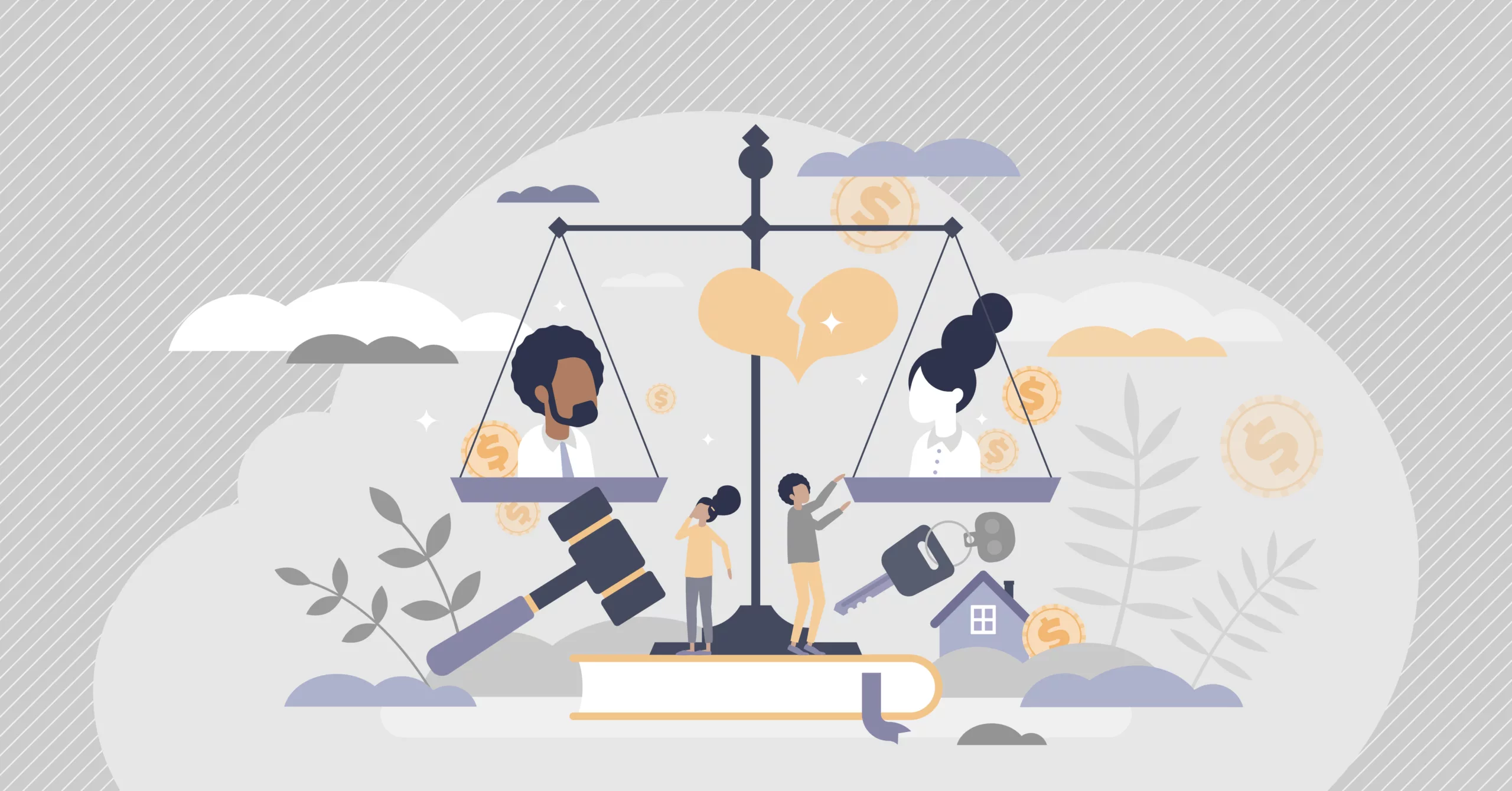It is the ultimate betrayal. Someone you once loved falsely accuses you of physically, sexually or mentally abusing your child. I cannot even begin to convey the horror and terror of clients who have come to me having been subjected to this ordeal. What I can say though is that it often destroys the victim’s trust in others for many years, if not forever.
A report compiled by the Centre for Criminology at the University of Oxford found that ‘[the] accused individuals and their families do indeed suffer enormously from the stigma and revulsion associated with sexual abuse, from the deprivations during the investigation and the lifelong suspicion (that they ‘got away with it’) that is likely to follow. It finds that even if such allegations do not lead to criminal proceedings, they are likely to have life-changing effects. Formal investigations, whether in a civil or criminal context, are harrowing for the accused person, and may result in immediate suspension from work and temporary restrictions on contact with children, and a record of having been reported and investigated, which can cause longer term damage to employment prospects and relationships.’
If you are reading this because you have found yourself facing false allegations of child abuse during a divorce or child arrangement proceedings, you will want the answer to two questions, namely;
- Why has your ex-partner done this? And
- What steps can you take to fight the allegations and ensure you see your children?
The profile of an accuser
In a 1990 paper published by the Institute for Psychological Therapies by Wakefield and Underwager, the authors studied files from divorce and custody cases where false allegations of sexual abuse were made by one parent. They found that parents who made false allegations of child abuse were far more likely than other groups to have a personality disorders such as borderline, histrionic, passive aggressive and/or paranoid. In most cases, the accusing parent had not made a deliberate false allegation, but had observed that their child was displaying signs of stress (as is common in divorce/child arrangement proceedings) and, having been influenced by media or friends and family, made incorrect assumptions about abuse occurring and being inflicted by the other parent.
The authors found:
“[False accusers] are likely to misperceive the behaviour of others and to react to stressful situations in maladaptive ways. Depending upon the specific personality disorder, they are characterized by instability of mood, impulsivity, inappropriate emotional overreactions, a need for approval and attention, and difficulties handling anger and conflict.”
Often the accuser had a deep, irrational hatred of their ex-partner, which overrode their desire to commit to the best course of action for his or her child.
There is another sinister motivation for making false allegations of child abuse during divorce or child arrangement proceedings; to obtain legal aid. In most family law matters, legal aid is not available, meaning that those with limited financial means can find it almost impossible to fund a challenge to a financial settlement or child arrangement order. However, if a child of the relationship has suffered physical, sexual or emotional abuse at the hands of the other parent, then legal aid may become available.
How to deal with a false allegation of child abuse
The first step you must take is to instruct an experienced family law solicitor. They will accompany you to any meetings you have with social services, and can recommend an experienced criminal lawyer who can represent you at the police station if necessary. If possible, avoid making any statements to the authorities without your solicitor present.
Record all dealings you have with police and or Child Services. Also keep any documentary evidence that you have to hand such as emails, text messages, telephone records that will assist to prove that the allegations made against you are false. This can be used as evidence in court. Be aware that your computer may be seized and searched by forensic experts for evidence of explicit material.
Social services may not allow you to see your child whilst an investigation is being conducted into the allegations. You may be asked to leave your own home temporarily while an investigation is carried out or even be placed on bail. If this is the case, it is best to co-operate fully and follow the advice of your lawyer.
In summary
Clients I have represented who have been falsely accused of abusing their child are flung into an unimaginable nightmare. The advice and support of an experienced family solicitor provide victims with the best chance of swiftly negating wrongful allegations and ensuring that the damage such an accusation can inflict, emotionally, financially and professionally, are mitigated as much as possible.
Saracens Solicitors is a multi-service law firm based in London’s West End. We have dedicated and highly experienced family law solicitors who can advise and represent you if you have been falsely accused of child abuse. For more information, please call our office on 020 3588 3500.
Do you have any comments to make on this article? Please feel free to add them in the section below.
Table of content
Recent Posts
Cryptoasset Tax Changes From January 2026
The world of cryptoassets is in a constant state [...]
UK Housing Market – 2025 Update
Buying your first home in the UK is not a [...]
Can You Put Digital Assets In A Trust? – How To Protect Your Digital Estate
In an era where our lives are increasingly played out [...]








